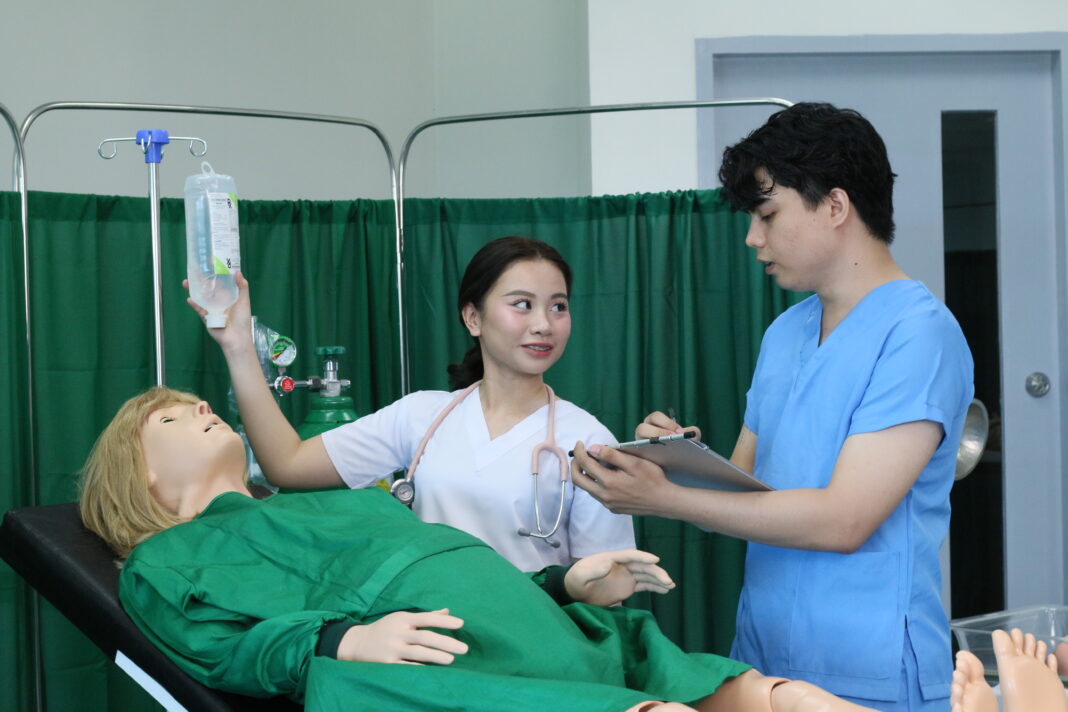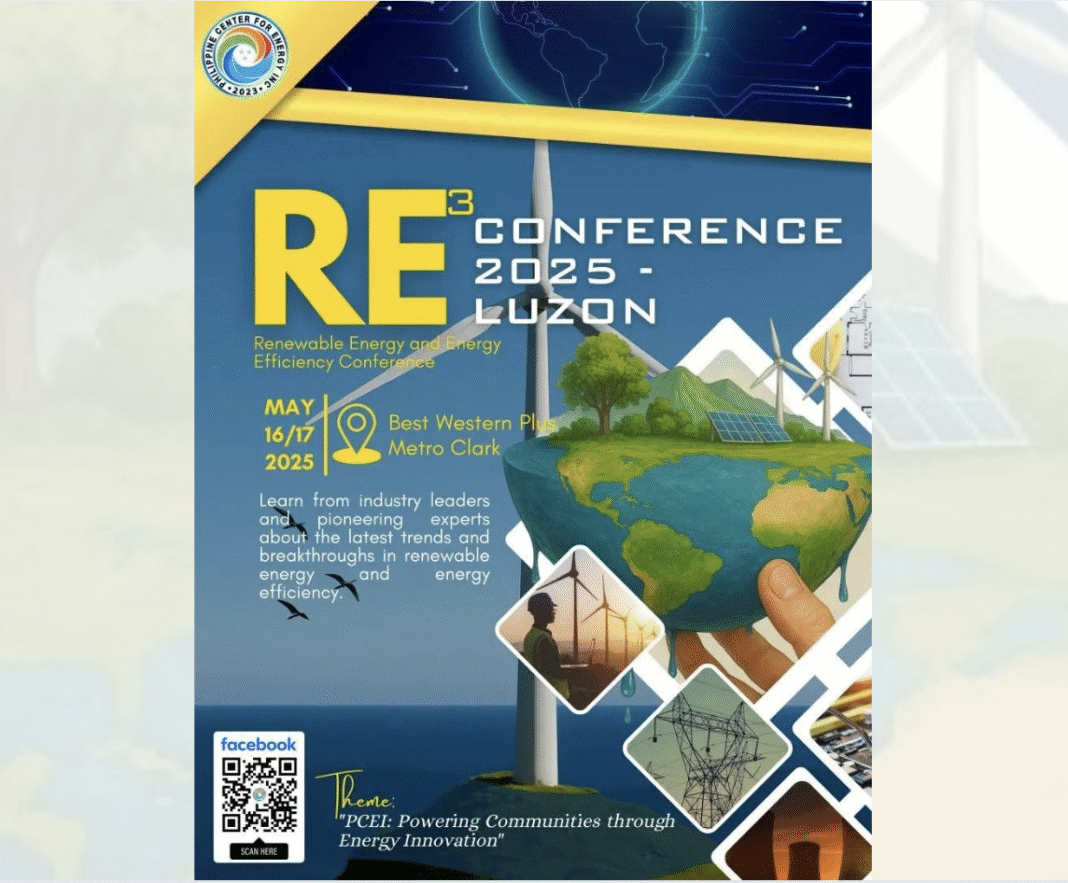The healthcare sector has profoundly impacted millions, especially in the past five years. As the world worked to recover from the pandemic, the urgency to strengthen health systems and build resilient communities became increasingly clear. This effort, beyond adopting medical innovations, requires a workforce of highly skilled medical professionals.
According to the report “Ageing Well? Policies to Support Older Nurses at Work” by the International Council of Nurses, the International Centre on Nurse Migration, and CGFNS International, Inc., 10.6 million nurses will be needed by 2030 to maintain efficient health services.
Along with nurses, other medical professionals such as physicians, medical technologists, phlebotomists, physical therapists, radiologists, and pharmacists are also in high demand. In fact, a report by recruitment platform Indeed states that these professionals will be in greater demand by 2025, due to the aging population in the U.S.
To help address this growing need, Mapúa Malayan Colleges Laguna (Mapúa MCL) has partnered with Arizona State University (ASU) to offer internationally-recognized programs in Nursing, Medical Technology, Pharmacy, and Physical Therapy. These new programs complement the Colleges’ existing Health Science offerings, such as Biology and Psychology, all conducted in collaboration with ASU, one of the most innovative universities in the U.S.
Mapúa MCL’s Nursing and Health Sciences programs provide students with exclusive access to ASU’s learning resources, including materials from its content repositories and Global Signature Courses (GSC) through the Cintana Network, a global university alliance that shares resources and expertise. Students also earn badges for their e-portfolio upon completing ASU masterclasses.
Classes are conducted through FLUX (Flexible Learning Ubiquitous eXperience), a blend of face-to-face and online learning designed to enhance the educational experience. This includes collaboration with other institutions in the Cintana Alliance, Mapúa University, and Mapúa MCL, providing students with valuable insights and global perspectives.
“Our curriculum is built on rigorous scientific inquiry, applying principles to real-world health challenges. We emphasize practical skills in patient care, focusing on communication, assessment, and intervention. By bridging scientific discovery with compassionate care, we cultivate individuals dedicated to creating a healthier future for all,” explained Maribel Songsong, Vice President for Academic Affairs at Mapúa MCL.
VP Songsong highlighted that students have opportunities to explore various health determinants, such as social, environmental, and behavioral factors, and are trained to design and implement effective public health initiatives. Through an internationally-vetted curriculum, students acquire competencies that meet global industry standards and exceed the minimum requirements set by the Commission on Higher Education. These skills empower students to address health disparities, promote wellness, and foster healthier communities.
Beyond lectures, students’ competencies are honed through hands-on training, simulation activities, clinical internships, fieldwork, community engagement, and workshops led by industry professionals. Additionally, they participate in pre-employment seminars, training, and career fairs.
This holistic, learner-centered approach ensures that students gain both academic knowledge and essential future skills, such as creativity, critical thinking, innovation, leadership, digital literacy, self-management, and interpersonal communication.
A prime example of this approach is the new undergraduate Nursing program, powered by ASU. Through the collaboration with ASU and the Cintana Alliance, nursing students benefit from high-quality resources and innovative learning models delivered by ASU-trained Mapúa MCL faculty. Students also participate in clinical rotations that expose them to a variety of patients and medical conditions, along with research collaborations across Cintana partner universities.
Students receive regular mentoring, career services, and mental health support to help them succeed academically. They also take part in technologically advanced global classrooms, which enable virtual interactions and collaborations with students from other international institutions.
Health Sciences students also have access to state-of-the-art facilities, including computer software for simulations, psychometric assessment tools for personal and professional development, interactive biotechnology tools like Biopac and Labster, and clinical simulation facilities designed to mimic real healthcare environments such as Emergency Rooms and Intensive Care Units. The campus also has a central supply room with lab equipment for clinical skills training and utilizes generative AI tools to enhance learning.
Clinical rotations and practicum opportunities are extensive. Psychology students currently complete their practicum at five clinics, including Sanatio Psychological Services and Autism Society of the Philippines. Nursing students rotate at UniHealth Southwoods Hospital, Healthway Qualimed Hospital, and the Cabuyao City Health Office, with options for summer overseas training at Cintana partner universities in Southeast Asia, Europe, Latin America, and the USA.
“What we offer our Nursing and Health Sciences students are not just technical skills to start a career but the global knowledge and experiences that empower them to become leaders and innovators in healthcare. Through real-world experiences, transformative learning, and interschool collaboration, we aim to develop the next generation of healthcare leaders,” added VP Songsong.




